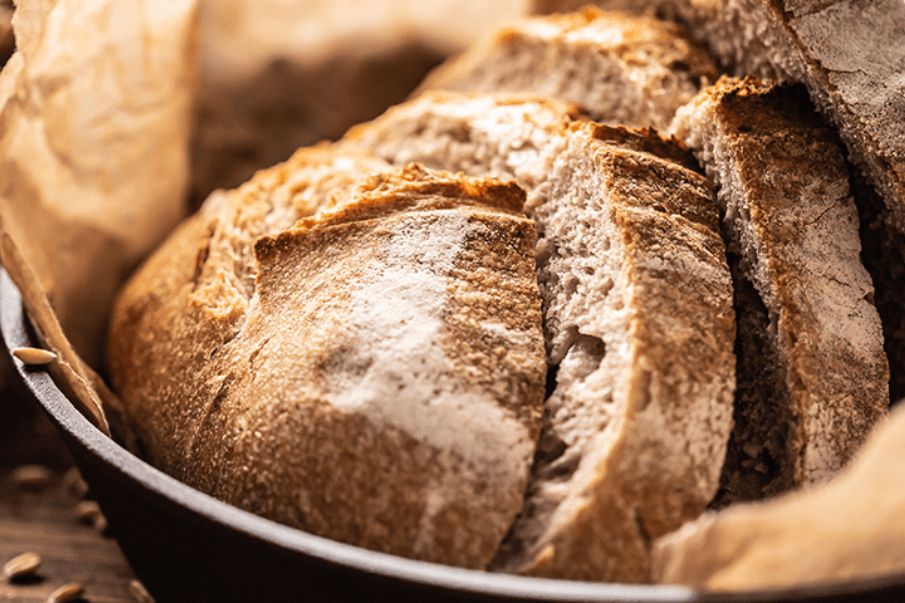The Art of Bread Making: Sourdough, Artisanal Loaves
Bread—the simple yet essential staple that has graced tables and delighted palates for centuries. Beyond mere sustenance, bread embodies culture, tradition, and craftsmanship. In recent years, there has been a resurgence of interest in the art of bread making, particularly in the realms of sourdough and artisanal loaves. Join me on a journey into this fascinating world, where flour, water, and yeast transform into much more than just food.
What is Bread Making?
At its core, breadmaking is the alchemical process of turning basic ingredients—flour, water, yeast, and salt—into a delicious, aromatic loaf. It's a blend of science and intuition, where precise measurements and techniques meet the unpredictable nature of fermentation. While commercial bread dominates supermarket shelves, artisanal bread-making emphasizes craftsmanship, quality ingredients, and patience.
The Rise of Sourdough
With its tangy flavour and chewy texture, Sourdough bread has captivated enthusiasts worldwide. What sets sourdough apart is its reliance on natural fermentation. Unlike commercial yeast, which imparts a uniform rise and flavour, sourdough uses wild yeasts and bacteria present in flour and the environment. This symbiotic culture of bacteria and yeast (known as a starter or levain) gives sourdough its distinctive taste and texture.
Creating a sourdough starter is akin to nurturing a living organism. It requires regular feeding and attention, often over several days or weeks, until it develops a robust microbial community. Bakers lovingly name their starters and pass them down through generations—a testament to the deep-rooted tradition and personal connection in bread making.
The Craftsmanship of Artisanal Loaves
Artisanal breadmaking extends beyond sourdough to encompass a wide array of bread: crusty French baguettes, hearty whole-grain loaves, and delicate brioche. What defines artisanal bread is the attention to detail and the use of traditional methods. Bakers may knead the dough by hand, allowing it to ferment slowly for enhanced flavour development. Some even bake in wood-fired ovens, imparting a smoky essence that elevates the bread's character.
Each artisanal loaf tells a story—of the baker's skill, the quality of ingredients, and the unique environment in which it was crafted. It's a blend of craftsmanship and creativity, where no two loaves are exactly alike.
The Relevance Today
In a world dominated by mass production and convenience, the resurgence of artisanal bread-making signifies a desire for authenticity and quality. People are increasingly drawn to the simplicity and purity of homemade bread, free from additives and preservatives. Beyond nourishment, baking bread fosters mindfulness and connection—to ingredients, to tradition, and to the community of fellow bakers.
Moreover, breadmaking is an art accessible to all. Whether you're a seasoned baker or a novice experimenting with your first loaf, the process is as rewarding as the final product. It encourages experimentation and creativity, inviting you to customize recipes with herbs, seeds, or ancient grains.
Conclusion
The art of bread making is more than a culinary pursuit; it's a journey of discovery and connection. From the humble beginnings of flour and water emerges a creation that nourishes the body and soul. Whether you're drawn to the tang of sourdough or the rustic charm of artisanal loaves, bread-making offers a tangible link to our past and a delicious path to explore in the present.
So, why not roll up your sleeves, dust your hands with flour, and embark on your own bread-making adventure? Discover the joy of shaping dough, the anticipation of a perfectly risen loaf, and the satisfaction of sharing your creation with others. The world of bread making awaits—ready to enrich your life one slice at a time.






Comments
Post a Comment